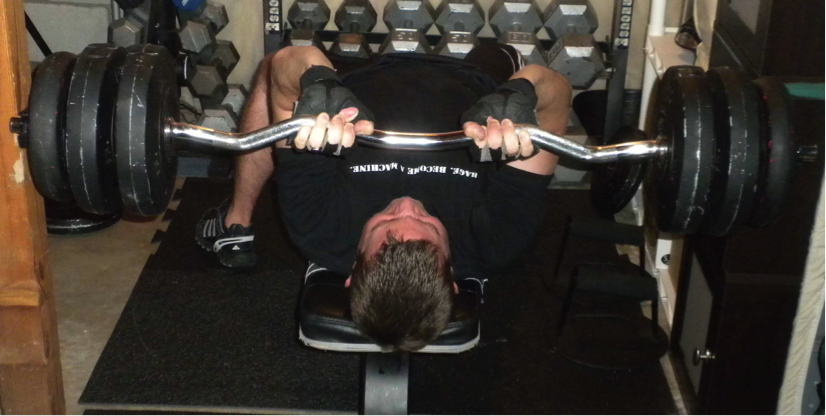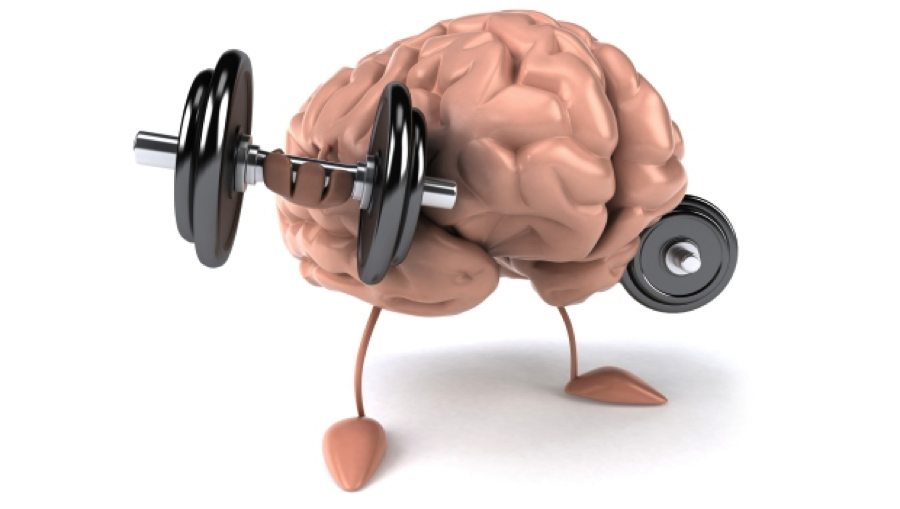As I grow older, and (hopefully) wiser, I continue to evolve my health and fitness focus to achieve my goals. It is certainly not easy for me personally as injuries surface from years of pushing hard while staying competitive with sports, fitness challenges and changes in lifestyle demands (e.g., children!) Our bodies are complex and amazing, but even the smallest injuries left untreated can lead to more significant downtime required for the healing process. This has been the case most recently the past 2 years for my lower back disc herniation that started as a minor back soreness, but turned into a full-blown case of disc herniation, bulges and degeneration. Although I have returned to my workouts in the past months and have seen tremendous progress with rehab, my newfound attention to how my back feels has been critical to reduce chance at further injury as recovery progresses. Some compromises may have to be made, such as not going all out in Tough Mudder races and lifting extra heavy at the expense of proper form and safety. In general, I have now trained my mind to truly focus on how each repetition of each set relates to my muscles being worked to stay safe with perfect form, which then generates the best results possible in the workouts. This focus is essentially the foundation of the popular theory of “Mind-Muscle Connection”.
What is the Mind-Muscle Connection?
Movement is controlled by the brain and the first step towards muscular contraction, for example, is a signal sent by the brain to your muscles telling them to contract. This occurs at the “neuromuscular junction” where the mind meets the body. The brain releases chemical neurotransmitters to communicate with muscles in the body that cross the “synapses” (tiny space that separates the nerve from the muscle) where it binds to receptors on the surface of muscle fibers. The result? Muscle contraction!
.

Clearly, the more you can improve this communication, the more muscle fibers you will recruit in the muscle head. Thus, by improving your Mind-Muscle Connection you are actually increasing the number of muscle fibers being recruited when you perform a lift resulting in better quality muscle contraction (i.e., better workout). Of course injuries or other issues that disrupt the signals to the muscles can diminish your capability. But, otherwise, training hard without a fully developed Mind-Muscle Connection will limit your potential with your fitness initiatives. Don’t let that happen to you. Don’t waste another workout!
So how do we improve Mind-Muscle Connection?
We need to train the mind to use the body. As mentioned, I have found focus and concentration are critical to making this happen. For lower back injuries, it is not surprising that most injuries occur when lifters are not paying attention, often just picking up weight from the floor with their back instead of using their legs to safely raise the weight. There are many other examples, but simply getting your mind in a state of concentration is key. I have used several methods to successfully achieve this Mind-Muscle Connection with this in mind (no pun intended), including…
1) Get your body in the correct position before beginning the movement and mentally visualize the mechanics of the lift and muscle groups to be worked.
2) Practice the reps without weight feeling full range of motion.
3) Focus on the squeeze (contraction) and engagement of the specific muscle groups during the exercise (e.g., focus on squeezing your chest for bench press when lowering the weight AND driving the resistance off your chest vs. letting your arms do the majority of the work).
4) Use a pre-workout supplement to enhance focus and energy of your lifts. This has been a game-changer for me.
5) Motivational music to achieve a “state of mind” and focus to your workouts. For some this is heavy metal, others it is personal development audio or relaxing sounds.

Mind-Muscle Connection can take time to master and a lot of practice with the goal being to get the strongest contraction as possible for the muscle groups in your workouts to enhance results.
In a similar manner, I wonder if this theory may also apply to nutrition and how you eat food. Yes, eat food. Hear me out. I recently had extensive blood screening done to look at my comprehensive biological indicators and metabolic imbalances. This type of testing is a great evaluation of total health. Long story short, some of the measures from my specific test indicated that I may not be getting full digestion of food and, thus, not maximizing the potential nutrients available to me for absorption that my body needs to function at a peak state. The cause in my case is likely very simple… not chewing my food slowly enough during meals and snacks to enhance the breakdown of nutritional components, which influences absorption and digestion. This behavior I learned is a direct consequence of a busy lifestyle and trying to multi-task, whether working while eating or helping kids with their meals such that my foods are not fully processed for absorption. If I was more cognizant (mindful) of my behavior, I could make some positive changes like slowing down the rate at which I eat, which would have many benefits for me. The learning point here is that practicing Mind-Muscle Connection may benefit multiple facets of life including how we eat and even interact with others.
Are you minding your muscles?
